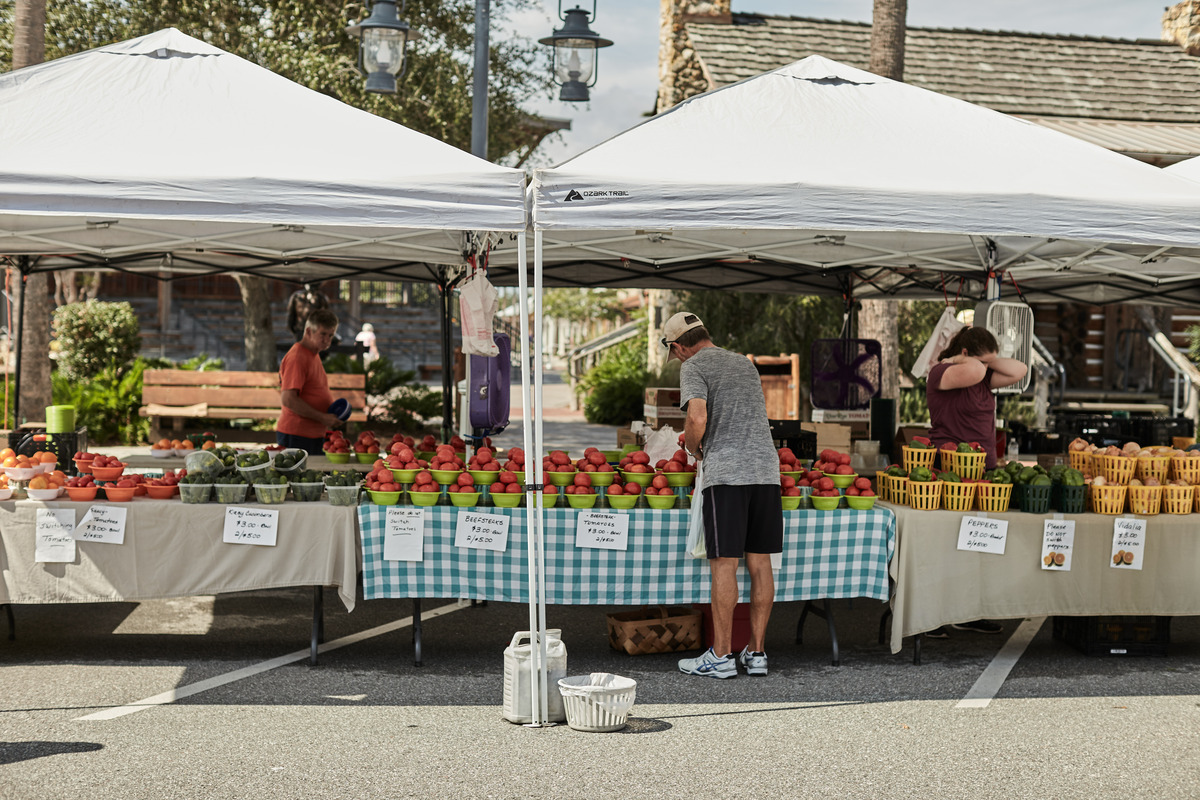Imagine a world where every traveler leaves a positive impact on the places they visit. Where we can explore our planet’s wonders without harming it. This is the future of sustainable travel.
Sustainable travel is about more than just reducing your carbon footprint. It’s about being mindful of your impact on the environment, local communities, and cultures. It’s choosing to travel in ways that support responsible tourism and sustainable development.
In recent years, eco-conscious travel has become a major trend. More travelers are opting for eco-friendly accommodations, choosing low-impact transportation methods, and seeking out destinations with strong sustainability practices. Slow travel, community-engaged experiences, and staycations are gaining popularity as people strive to minimize their environmental impact. Whether it’s choosing a carbon offset when booking flights or picking a hostel built with sustainability in mind, there are more ways than ever to explore the world while protecting it.
In this article, we’ll explore the latest sustainable travel trends and show you how to embrace responsible tourism without compromising on the joy of exploration.
Let’s dive right in.
Eco-Friendly Accommodations: Where You Stay Matters

The first step to a sustainable adventure comes down to where you choose to stay. Gone are the days when eco-conscious travelers had to choose between roughing it in a tent or staying at a luxury resort that isn’t exactly earth-friendly.
Today, you can find a wide array of eco-friendly accommodations that combine comfort with sustainability. From treehouse hotels perched in lush forests to cozy, solar-powered cabins overlooking pristine lakes, there’s an option for every type of adventurous traveler. These eco-lodges go beyond recycling and energy conservation; they often engage with local communities, source organic food, and focus on reducing their overall environmental impact.
If you’re looking to stay somewhere truly sustainable, seek accommodations that actively promote their green credentials. Certifications like Green Key or EarthCheck indicate that the property follows rigorous eco-friendly standards.
Some eco-friendly hotels, such as Can Sala in Spain or Tina’s Casitas in Costa Rica, were designed with environmental concerns in mind from the start, offering sustainable amenities like organic toiletries and shopping opportunities that highlight local artisans.
Low-Impact Transportation: Getting There Sustainably
Transportation is often one of the most challenging aspects of sustainable travel. While air travel is a major contributor to carbon emissions, there are several ways to reduce your environmental footprint when getting from point A to point B.
Opting for trains, buses, or electric vehicles (EVs) whenever possible is one of the most effective ways to minimize emissions. In regions like Europe, traveling by train is not only eco-friendly but also offers a more scenic and relaxing way to explore. For road trips, renting an electric or hybrid car can significantly reduce your carbon footprint.
Electric bike tours, carpooling, and even electric camper vans are all the rage. These modes of transportation reduce your carbon footprint and offer unique opportunities to explore the world at a slower, more intimate pace.
EVs are becoming the responsible choice for long-distance travel, especially with the expansion of charging networks, making it easier to plan electric road trips.
There’s more: EVs are becoming the responsible choice when hitting the road for a travel adventure. With expanding charging networks, they offer reliability and convenience. Beyond preserving the environment, EVs save on fuel costs, making them cost-effective for long journeys.
Learn How to Plan an Epic Electric Car Road Trip here.
If flying is unavoidable, look for airlines that offer carbon offset programs to compensate for the emissions generated by your flight. Many platforms now allow travelers to purchase offsets, funding projects like reforestation or renewable energy initiatives to help balance out the environmental impact of air travel. You can read more about carbon offsetting for travelers to help make more responsible travel choices.
Slow and Mindful Travel: Savoring Every Moment
In today’s fast-paced world, many travelers are adopting the philosophy of slow travel—a deliberate approach that focuses on quality over quantity. Instead of racing from one tourist hotspot to the next, slow travelers choose to spend more time in fewer places, allowing them to truly immerse themselves in local cultures and environments.
Slow travel minimizes the environmental impact associated with constant transportation while offering deeper, more meaningful experiences. It’s an opportunity to support local economies by engaging with small, locally-owned businesses and avoiding mass tourism. Whether you’re hiking through scenic landscapes or staying in a rural village, slow travel fosters a connection to the places and people you encounter.
For an in-depth look at how slow travel can reduce your environmental impact, check out this guide.
Shopping: Souvenirs with a Sustainable Twist
Shopping is a part of the travel experience, but it’s important to be mindful of the impact your purchases can have. To keep your trip eco-friendly, prioritize locally made souvenirs crafted from sustainable materials like hemp, bamboo, or recycled materials. Supporting local artisans not only helps the local economy but also ensures that your souvenirs are unique and environmentally responsible.
Before buying, ask about the source of the materials or how the product was made. Look for items crafted using sustainable practices, and avoid mass-produced trinkets that may be harmful to the environment. You can also explore fair trade shops that emphasize eco-conscious products and support small businesses in the region.
Culinary Dining: Eat Local, Organic, and Plant-Based
with a Twist

For many travelers, food is an essential part of the adventure. Sustainable food tourism is a growing trend, allowing eco-conscious explorers to taste local delicacies while supporting environmentally friendly practices.
Eating local, organic, and plant-based meals supports sustainable agriculture and minimizes the carbon emissions associated with transporting food long distances. Many countries, especially those with a focus on sustainable tourism, offer farm-to-table dining experiences where you can enjoy fresh, locally sourced ingredients.
By sticking to plant-based diets while traveling, you help reduce the demand for resource-intensive animal products, which have a significant impact on climate change and biodiversity loss. Many eco-friendly hotels and restaurants prioritize vegetarian and vegan menus, often sourcing produce from nearby farms. This not only reduces the environmental toll but also provides delicious, fresh meals with a smaller footprint.
Plus, you can even join local communities in cooking classes or help harvest fresh produce. It’s a mouthwatering way to dive deep into the culture of your destination while promoting sustainability.
Giving Back: Volunteer and Engage with Local Communities
If you want to make a positive impact during your travels, consider engaging in voluntourism or seeking out opportunities to give back to the local communities. Many eco-conscious travelers now choose to participate in volunteer activities like conservation projects, community development initiatives, or even wildlife rehabilitation efforts. This not only contributes to the well-being of the destination but also provides travelers with unique, hands-on experiences that create lasting memories.
Organizations like the United Nations and United Planet offer programs that allow travelers to combine exploration with community service, helping to preserve natural habitats, educate local populations, or contribute to long-term sustainability projects.
Check out these volunteer opportunities for ways to incorporate responsible tourism into your next adventure.
Pack Light and Smart
With sustainable travel, what you pack—and what you leave behind—matters. Minimalism is key, and packing light makes your adventures more manageable and reduces your environmental footprint.
Opt for eco-friendly travel gear, like reusable water bottles, solar chargers, and versatile clothing that can adapt to various weather conditions. Plus, it’s always a good idea to bring your reusable shopping bag and cutlery to minimize waste and reduce single-use plastic consumption.
Go Off the Beaten Path

Traditional tourist hotspots are often overrun and suffer from the environmental strain caused by massive visitor numbers. Sustainable travelers have turned to uncharted territories, seeking hidden gems that offer unique experiences and remain untouched by mass tourism.
Off-the-beaten-path destinations are more sustainable because they’re less frequented, which helps preserve their natural beauty and cultural authenticity.
Consider Bhutan, a Himalayan kingdom with stunning landscapes and a strong focus on sustainability. Or explore Madagascar, known for its biodiversity and otherworldly landscapes. Albania, in the Balkans, boasts pristine beaches and historical sites.
Head to the Faroe Islands for dramatic cliffs and remote villages. Namibia’s desert landscapes are otherworldly, and the Far North of Sweden offers the Northern Lights without the crowds.
These destinations provide adventurous travelers with unforgettable experiences far from the tourist masses.
Sustainable Adventures for Everyone
You might think that sustainable travel is exclusively for rugged backpackers or seasoned environmentalists, but that couldn’t be farther from the truth.
Sustainable adventures are accessible to everyone, from families with young children to solo travelers looking for a unique experience. Many travel agencies and tour operators now focus on eco-friendly trips, ensuring that the less adventurous can embark on sustainable journeys with ease.
Staycations: A Simple, Sustainable Choice
If you’re looking for a more eco-friendly vacation option without leaving a significant environmental footprint, consider a staycation. Staycations involve exploring your local area instead of traveling long distances, and they’re a great way to enjoy time off while eliminating the carbon emissions associated with flights or long road trips.
Whether you spend your days hiking nearby trails, visiting local museums, or supporting local eco-friendly businesses, staycations offer a low-impact way to recharge. This trend has gained traction as more people recognize the benefits of keeping travel close to home, especially during periods of uncertainty like the recent global pandemic.
The Future of Sustainable Travel

As technology advances, eco-conscious travelers can look forward to even more efficient, sustainable, and innovative options. From electric planes to cutting-edge eco-accommodations, the possibilities are endless.
Emerging trends and advancements are already reshaping the way we explore the world while treading lightly on the planet.
1. Electric Aviation: Electric aircraft are on the horizon, with companies like Boeing and Airbus developing electric propulsion systems for short-haul flights. This technology could significantly reduce aviation emissions and noise pollution.
2. Hydrogen-Powered Transportation: Hydrogen fuel cell vehicles are gaining traction, offering longer ranges and quicker refueling times compared to traditional electric cars. Hyundai’s NEXO is a prime example, emitting only water vapor.
3. Sustainable Accommodations: Smart hotels and resorts are incorporating cutting-edge energy management systems, IoT technology, and renewable energy sources, ensuring eco-friendliness without compromising guest comfort.
4. Green Mobility Apps: Advanced mobility apps provide travelers with real-time information on eco-friendly transportation options, making it easier to choose low-emission options, from electric bikes to shared electric scooters.
5. Virtual Reality Tourism: Virtual reality (VR) and augmented reality (AR) will enable immersive, eco-conscious travel experiences without physical travel, reducing the environmental footprint.
As these technologies mature, travelers will have a wealth of options to explore the world while minimizing their impact on the environment.
Conclusion
As we conclude our exploration of sustainable travel trends, remember this: every adventure you embark on is an opportunity to leave a positive legacy. By choosing eco-friendly accommodations, slow travel, responsible tourism, and embracing sustainable technologies, you’re preserving the planet for this and future generations.
Every footprint you leave should tell a story of responsibility, connection, and the enduring beauty of our shared planet.










